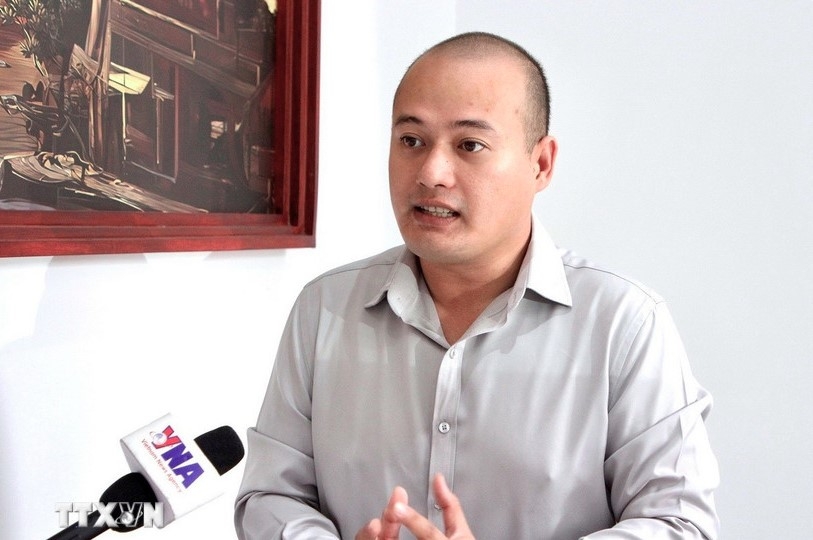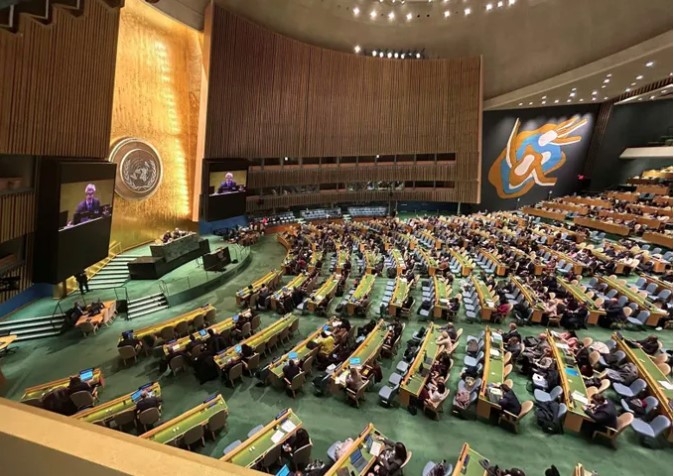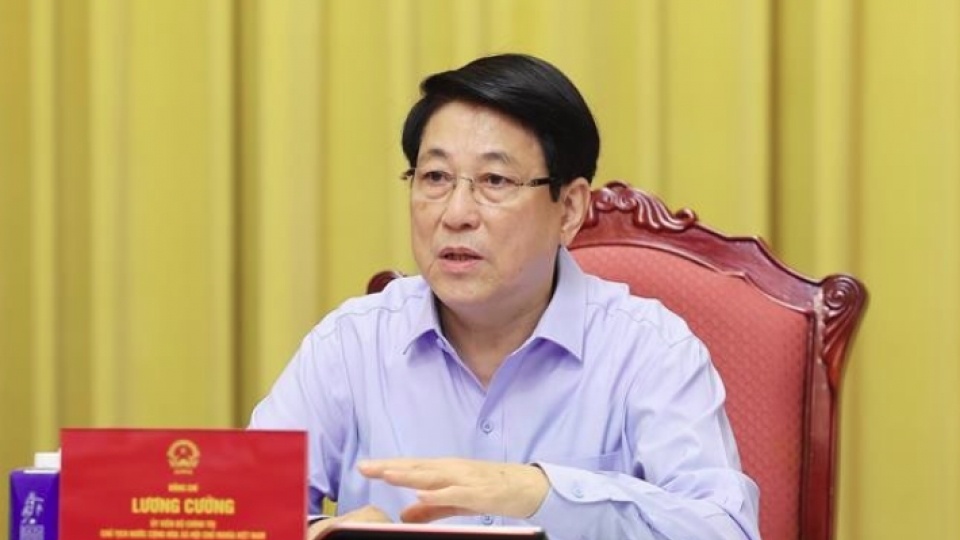Hanoi Convention elevates Vietnam as neutral coordinator and global governance bridge
VOV.VN - Hosting the signing ceremony of the United Nations Convention against Cybercrime (Hanoi Convention) has elevated Vietnam’s profile as a neutral coordinator and a “bridge nation” in global governance, reflecting the country’s political maturity and confidence as a “middle power.”

This was the assessment of Thong Mengdavid, a geopolitical and international affairs analyst at the Institute for International Studies and Public Policy (IISPP) of the Royal University of Phnom Penh (RUPP), in a recent media interview in Phnom Penh ahead of the Hanoi Convention signing ceremony, scheduled for October 25-26 in Hanoi, Vietnam.
Speaking to the press, Thong Mengdavid said the Hanoi Convention demonstrates Vietnam’s strong commitment to promoting global solutions for establishing legal frameworks and international mechanisms, particularly by bringing countries together to tackle cybercrime, a global issue on a multilateral basis and in accordance with international law.
He described the convention as a strategically, legally, and geopolitically significant document for Vietnam, the Association of Southeast Asian Nations (ASEAN), and the international community. Furthermore, the convention holds particular importance for countries affected by, or struggling against high-tech crimes.
According to the Cambodian expert, the Hanoi Convention primarily focuses on law enforcement. A key component is creating a cooperative international environment for sharing information and evidence related to online fraud, as well as enforcing the law against offenders.

Additionally, the convention serves as a legal pillar for cross-border digital cooperation under the UN framework, contributing to comprehensive legal structures on counter-terrorism, anti-money laundering, and human trafficking.
From a geopolitical perspective, Thong Mengdavid noted that hosting the signing ceremony shows Vietnam’s capacity to leverage international mechanisms, particularly by enhancing leadership in the digital sphere, improving domestic legal and technological capabilities, and enhancing closer links between security and economic development.
The IISPP researcher added that hosting the Hanoi Convention has strengthened Vietnam’s role as a neutral coordinator and a “bridge nation” in global governance, highlighting the country’s political maturity and stature as a “middle power.” Thong Mengdavid emphasized, “This demonstrates Vietnam’s reputation as a country that respects international law and advances global cooperation based on multilateralism.”
He also noted that the convention brings international support for Vietnam in tightening cyber security laws, improving monitoring and data control, modernizing cybersecurity institutions, and maintaining legitimacy in tackling online crime. For ASEAN, the Hanoi Convention could accelerate regional legal integration regarding definitions and management of cybercrime, facilitate evidence-sharing, and bolster legal cooperation across member states.
In this context, Thong Mengdavid expressed hope that Southeast Asian countries could use the upcoming Hanoi forum to establish regional standards and strengthen collective cybersecurity systems.
He stressed that these efforts will consolidate ASEAN’s central role in shaping digital norms in the Indo-Pacific, augment more effective cooperation against high-tech crimes, instill investor confidence, and allow cross-border e-commerce, fintech, and digital trade to grow safely and reliably within the region.




